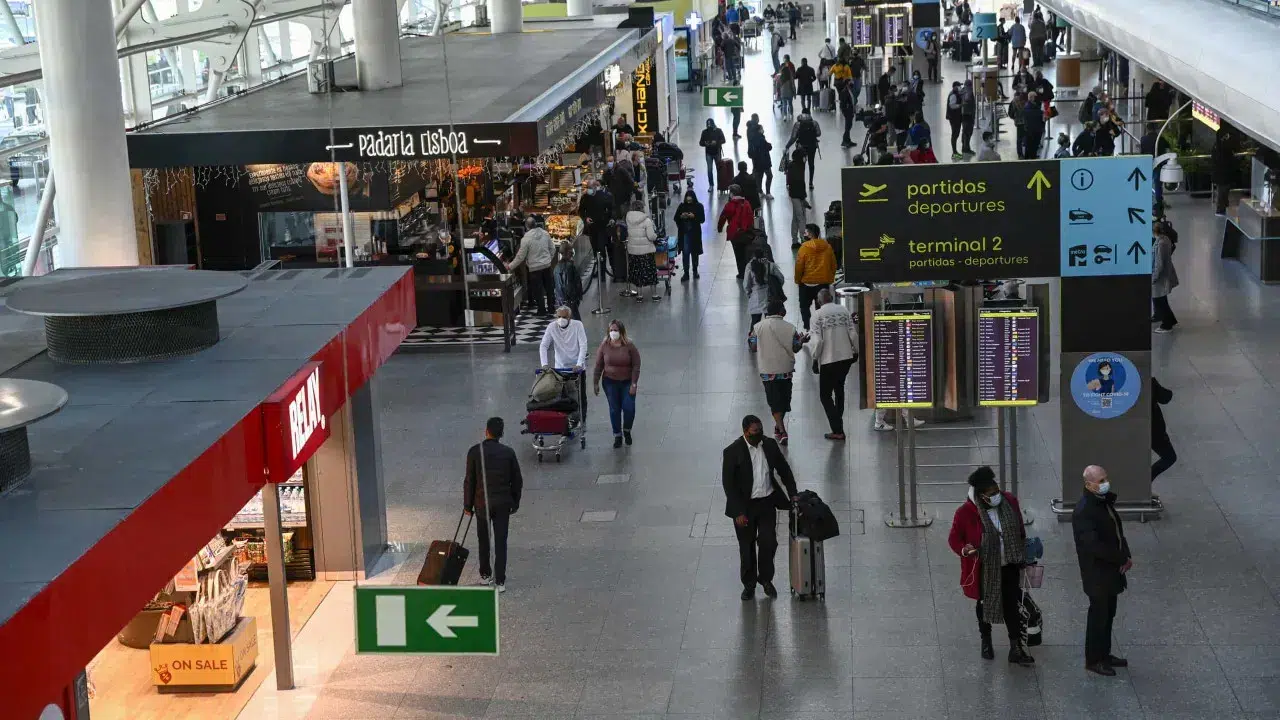Tourism in Portugal is preparing to break records, a path that began in 2022 and that places the country in the top 10 worldwide of those that recovered the tourists lost during the pandemic context most quickly. In the EU, it is only surpassed by Greece.
The pandemic interrupted the strong growth seen in tourism in Portugal. But, in less than two years, it is managing to recover at a fast pace compared to European counterparts, and beyond. Although in 2022 it has not yet reached the 2019 figures, it was the 10th country in the world ranking that recovered the fastest in terms of international tourist arrivals. And, looking only at the countries of the European Union, it was the second best, being surpassed only by Greece. The figures are from ForwardKeys, a consultant specializing in the sector, and analyze the evolution between 2020, the black year of tourism, and 2022, when the recovery began.

According to the same report, which analyzed the number of tourists that all markets received in this period, the Dominican Republic (+5%), Turkey, Costa Rica and Mexico (same as 2019) and Jamaica (-5%) were the countries that recovered the most travelers in this period.
Although the figures recorded in 2022 are far from those achieved before the pandemic, in the case of Portugal 16% below, the trend that has been observed this year points to possible records. In fact, the World Travel & Tourism Council’s (WTTC) recent estimates indicate that the sector is expected to contribute €40.4 billion to the Portuguese economy by the end of this year, even exceeding pre-pandemic figures.

The organization points out that in 2022 the sector’s contribution to GDP increased by 61% to almost €38 billion, representing 15.8% of the national economy. And it predicts that by 2033 it should represent more than a fifth of GDP.
Jobs falling short
Although the number of tourists is increasing month by month – the latest INE data show that in May Portugal registered 7.1 million overnight stays (+10% compared to 2022 and +12% compared to April) – the recovery in the number of jobs is still far from reaching pre-pandemic levels.
The pandemic context and confinements led to 85% of hotel establishments being closed or without guests in April 2020, and the resumption of activity meant that this figure in August 2022 was less than 12%, according to an analysis by BPI economists, to which Negócios had access.

According to WTTC, in 2022 the sector as a whole created 83,000 new jobs, closing the year with a total of 921,000 professionals, which means that the sector has recovered more than 90% of the jobs lost during the pandemic.
For 2023, the world organization anticipates the creation of close to 30,000 jobs, but still 68,000 less than in 2019. After the departure of some professionals from the sector during the pandemic, who decided to return to their countries, for example, the sector has reported difficulties in hiring in the face of the current need, with the risk that the shortage of human resources may compromise the activity of some companies this summer and even halt business expansion.

To try to stem the outflow of professionals and attract new talent, companies in the sector have resorted to hiring immigrants from Portuguese-speaking African countries (PALOP), Bangladesh and Morocco – with which Portugal has an agreement for a simplified allocation of visas. And they guarantee that they are offering contractual improvements, not only salary, but mainly through more stable bonds. The reduction in seasonality has contributed to fewer precarious contracts, according to industry players.








